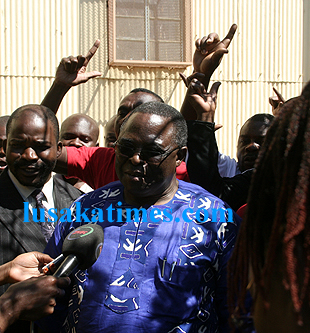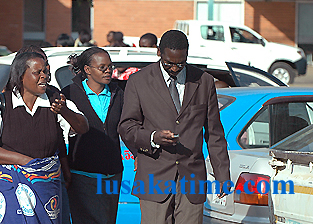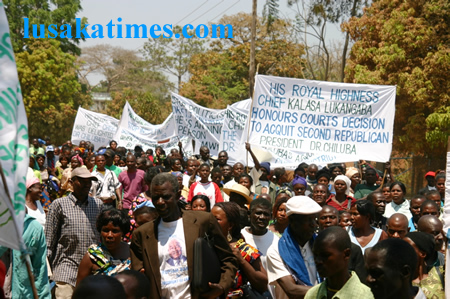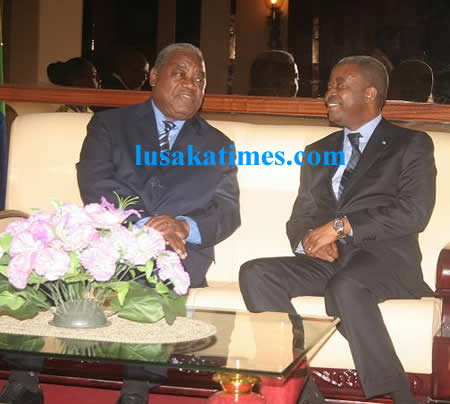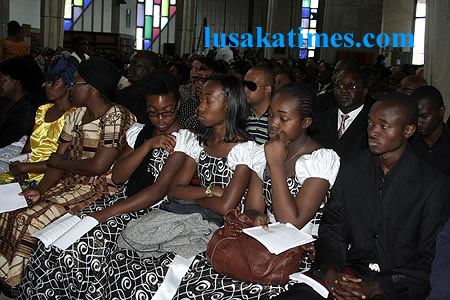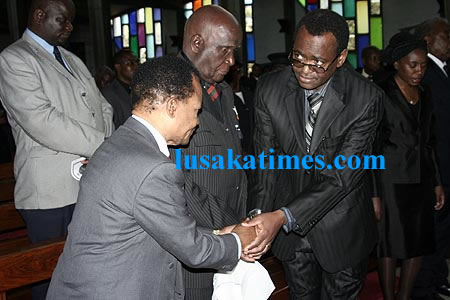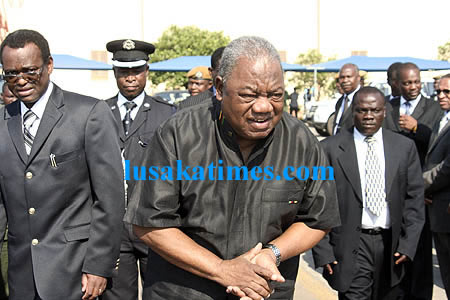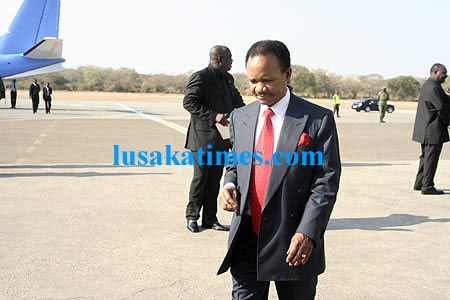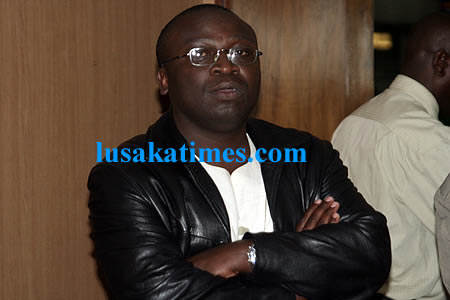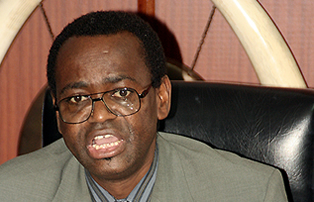THE National Constitutional Conference (NCC) has approved an increase in the number of Parliamentary seats from the current 150 to 240.
The NCC has also approved the proposal contained in the Mung’omba Draft Constitution to introduce a new type of elected representative in the National Assembly where 30 members of Parliament (MPs) will be elected under Proportional Representation (PR) through an Act of Parliament.
The Committee also adopted Article 159(1), which, once enacted in the new Constitution, will allow the 200 MPs to be directly elected on the basis of the simple majority under the First-Past-The-Post (FPTP) segment of the mixed member representation system provided for by the Constitution and as may be provided by or under an act of Parliament.
Under Article 159, 30 MPs would be adopted on the basis of the PR segment of the mixed member representation from a list of candidates submitted to the Electoral Commission of Zambia (ECZ) by each political party contesting the elections as provided by the Constitution and by, or under, an Act of Parliament.
When supporting Article 159, some Commissioners said the adoption of the PR in the new Constitution would improve the representative nature of Parliament and increase the number of youths, women and disabled people elected to Parliament.
The Committee approved that the PR be set at 30 seats of the number of constituency-based seats elected through the FPTP system.
The Committee created a Parliament consisting of 251 members, out of whom 200 members are to be elected on FPTP system, 30 members to be elected through the PR while a maximum of 10 members are to be nominated by the Republican President.
The NCC Commissioners, who supported the adoption of all clauses under Article 159, said that the adoption of the Article would ensure a mixed-member Parliament that will make the National Assembly more inclusive by targeting the PR seats at women, youths and persons with disabilities.
Vice-President George Kunda, who supported the clauses, said the adoption of Article 159 will play a pivotal role in Zambia’s democratic system as it will ensure that people in the country have full representation in Parliament.
Chief Mumena, who also supported the adoption of Article 159, called for affirmative action in coming up with a 50-50 representation in Parliament.
And Anti-Voter Apathy executive director Bonny Tembo supported the adoption of Article 159, saying the adoption of all the clauses under Article 159 will embrace all the people in the country.
“Democracy is not static but dynamic and I feel that Article 159 should be adopted to ensure that we come up with an inclusive Parliament, and this will help us to promote development in the country as there will be equal representation,” he said.
[Zambia Daily Mail]


